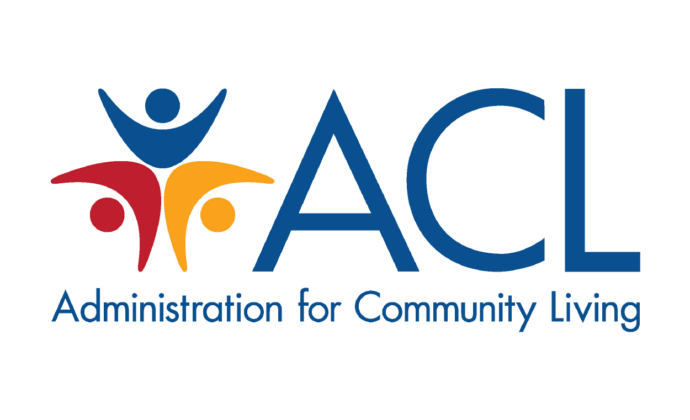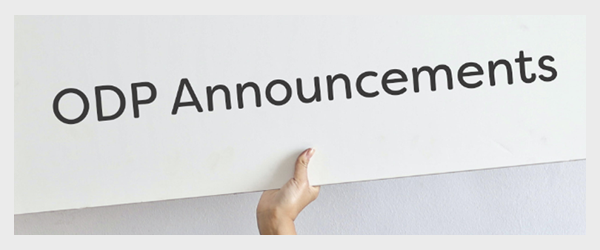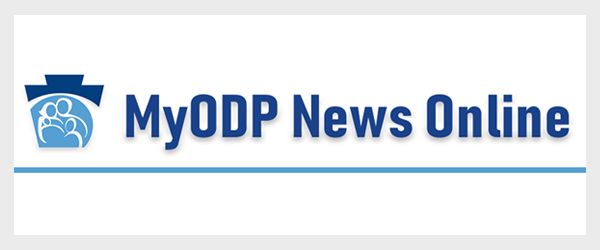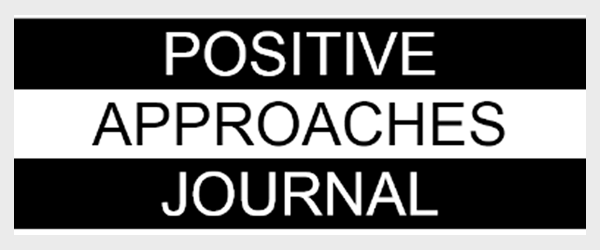
Administration for Community Living (ACL) Webinar: Partnerships To Expand Accessible Housing Options With Assistive Technology
Thursday, November 21, 2024 | 3:00-4:00 p.m. ET
The lack of available accessible housing options can impact the independence and autonomy of a person with disabilities more than almost anything else, limiting choice and isolating people with disabilities in geographic pockets in cities, towns, and all across the U.S. Home modifications, including the use of assistive technology (AT), can widen the scope of accessible housing options by addressing the accessibility needs of individuals with disabilities and adapting their environment to meet those needs.
A partnership between the New York State (NYS) Council on Developmental Disabilities (CDD), the Westchester Institute for Human Development (WIHD), the NYS TRAID Assistive Technology Program, and local partners across New York explored how the community living options for people with developmental disabilities could be expanded through increased access to AT. With funding from the NYS CDD, WIHD piloted a three-year project that has connected people with developmental disabilities with needed AT to support independent living. WIHD assessed individual needs, supplied appropriate AT, provided technical assistance, and evaluated the impact of the AT.
This webinar will briefly touch upon the wide range of AT currently available and how it can be used to make a home accessible. Presenters from New York will detail how their cross-sector partnership was formed, what unique perspective each member brought to the team, and best practices and lessons learned from their pilot program. Finally, they will provide information on what funding and resources might be available to support increased access to AT.
This webinar is hosted by the Housing and Services Resource Center (HSRC) with the support of ACL’s State Grant for Assistive Technology Program. ACL’s AT program makes assistive technology devices and services more available and accessible to individuals with disabilities and their families.


